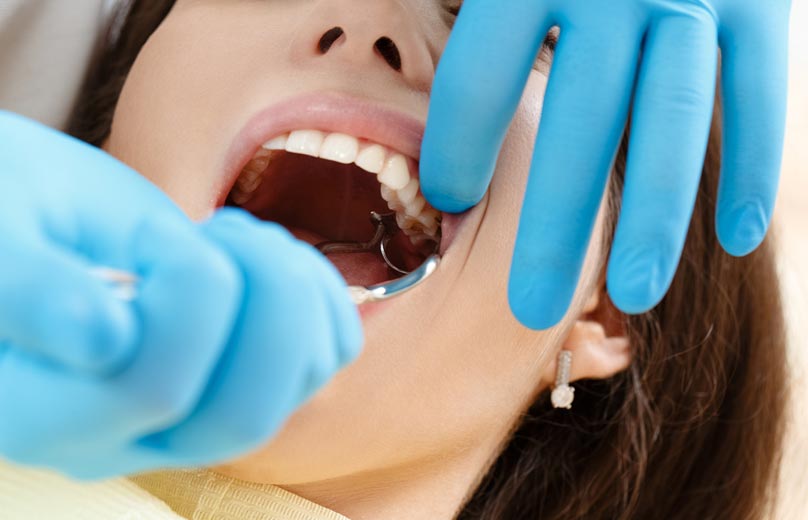Wisdom teeth are a set of molars that grow through in your late teenage years through to your early twenties. Not everyone gets wisdom teeth, however, and given the problems they can cause, that can be quite a relief. Health experts, kaizenexphys.com.au, suggests dentists tackle wisdom teeth removal every day, with more extractions in Australia than even the UK.
Dentist Perth advise that when wisdom teeth grow through straight, healthy, and keep to themselves, they don’t require removal. When there is not enough room in your mouth for them, they are impacted, or cause infection and decay; then your dentist will need to take them out quick-smart.
But, how do you know they need to come out?
The Alignment Isn’t Right
Wisdom teeth are a third and final set of molars, which means they are the last ones to arrive at the party when there are no seats left. Because of a lack of space, they might decide to grow in sideways, crooked, or in the way of other teeth – pushing them off their seats. If that’s the case, your dentist will need to act. The first port of call is an x-ray to find out what’s going on. You will then most likely require extraction and you may require Invisalign or braces.
They Are Causing Jaw Damage
You will know you need to get your wisdom teeth out quickly when cysts start forming around the area. If you don’t treat these cysts, there is a risk of damaged nerves and a hollowing jaw.
Increasing Risk of Cavities
If you have always prided yourself on having few or no cavities, then wisdom teeth can change that. The constant shifting in the back of your mouth can cause swollen gums and pockets that are perfect for bacterial growth and cavity formation. It’s not so much a case of poor oral hygiene, but a challenging environment to clean.
Sinus Pain
Believe it or not, wisdom teeth can even cause problems with your sinuses. If you feel pressure, pain, or congestion in the general area, then it’s time to visit your dentist for a check-up and possible extraction.
Signs Point to Future Problems
Right now, your wisdom teeth might be okay. However, x-rays speak a thousand words. If signs point to problems down the line, then your dentist might make a judgment call to remove them before they do. If you agree to the extraction, you may feel far better about your oral health prospects in the future.
Your wisdom teeth will let you know when they are ready to come out. Otherwise, they can sit there silently in the background, not causing any harm or grief. If you keep up with twice-yearly dental check-ups, you can also be on the lookout for any signs of problems going forward.







